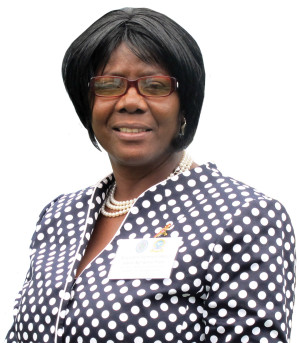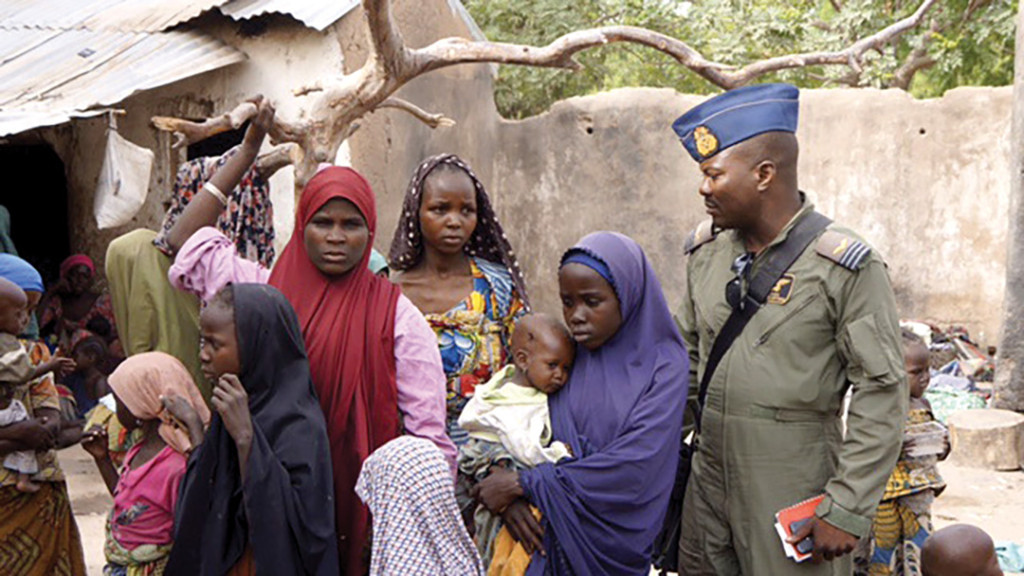
Leadership is a process of exerting social influence to inspire others and enlist their support for accomplishment of a common goal. Strategic leadership provides sustainable visionary direction for the growth and success of an organization, meeting the aspirations of the led, and managing change effectively toward a desired future.
Military leaders should not just focus on threats requiring hegemonic intervention, because threats have now shifted from state-centric to human-centered. As such, a military leader should not be looked at as a specialist on violence alone.
A military leader should be looked at as a partner in sustainable development, but without compromising combat readiness. And military involvement in developmental tasks should not be seen as a threat to the civilian sector.
African strategic security leaders can play a cardinal role in this paradigm shift. We should try to move away from bombs and bullets and ballistics and look at this thing holistically. The people-centered view of security is necessary for every African strategic leader — for national, regional and global stability.
This includes looking at health security. How are these trends, especially health trends, going to affect the security of not only my troops, but of all people?
Look at food security. As a military, what can you do to ensure that there’s food security, not only for your troops, but for everyone else in your nation?
Environmental security. You might want to say, “Well, we are in Africa, and our emissions are not as much as those being emitted in the Western countries.” But when emissions are released, they don’t know any boundary. What are you doing to make sure that the environment is protected?
Economic security. There are so many economic opportunities that strategic African military leaders can look at to ensure that they harness resources, especially from the endowment that Africa has.
The human paradigm must be understood and adhered to by the security sector. Security sector leadership is strongest and most effective when it closely approaches the professional ideal of a military leader. And it is weakest and most defective when it falls short of that ideal.
Military involvement in infrastructure development projects will help redefine the role of the military by projecting a new image of public service. In Botswana, the military is working with the wildlife conservation. In Zambia, we have Zambia National Service, which is involved in food production. Senegal is also involved in doing a lot of civil and developmental projects.
Strategic African military leaders should adapt to these new challenges. They should endeavor to establish a strong civil-military relation component and interface at social developmental activities during peacetime. They should be abreast of emerging human security threats and should be visionary with adequate knowledge, especially with the core competencies, and then they should be subject to democratic oversight.
We should remember that not every military leader at a strategic level is a strategic leader. There is need to train them. A strategic leader is not born, but built and designed through training and grooming. There should therefore be a succession plan. Remember that success without a successor is failure.

